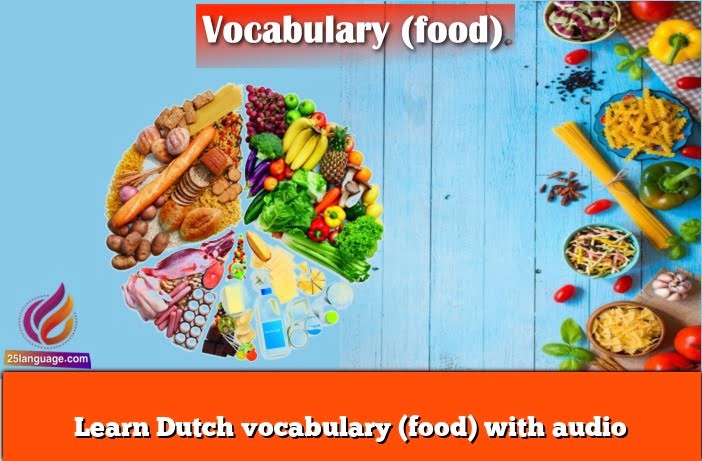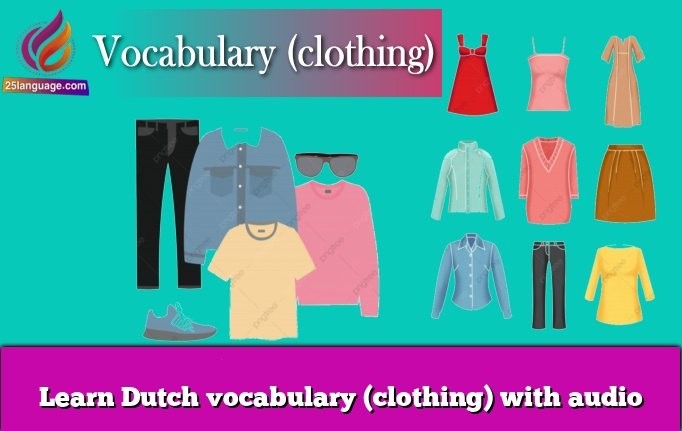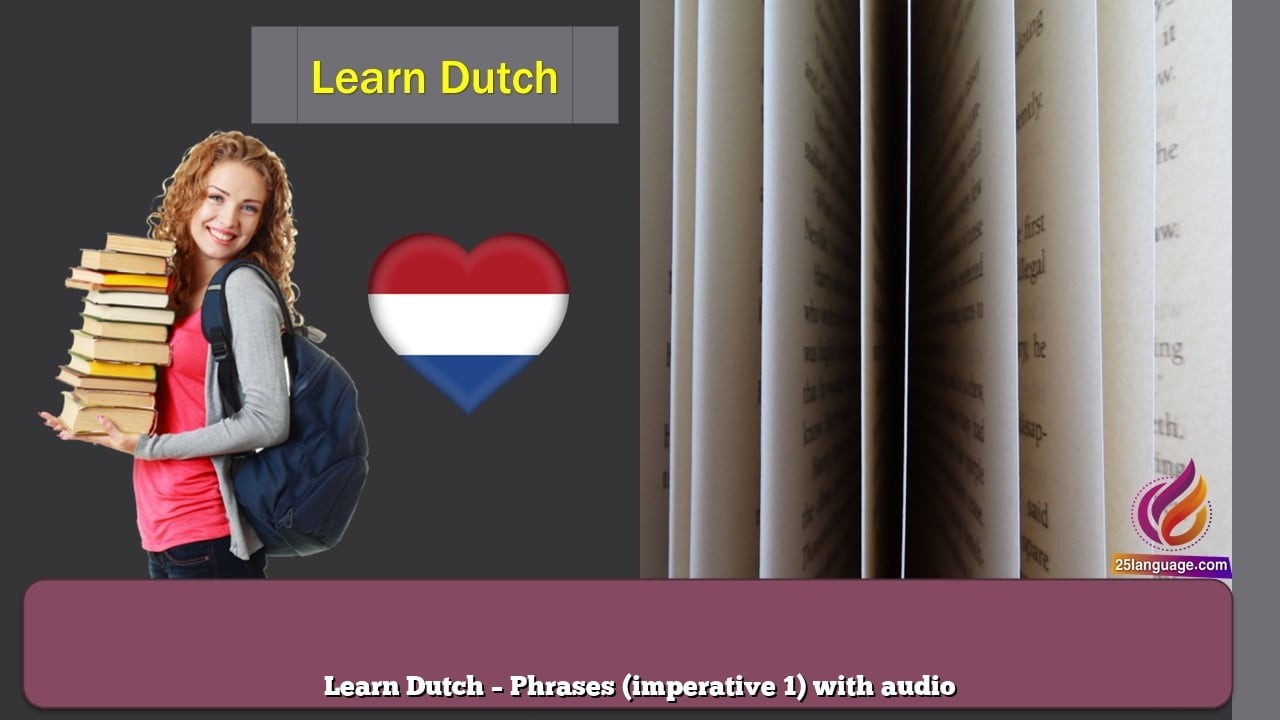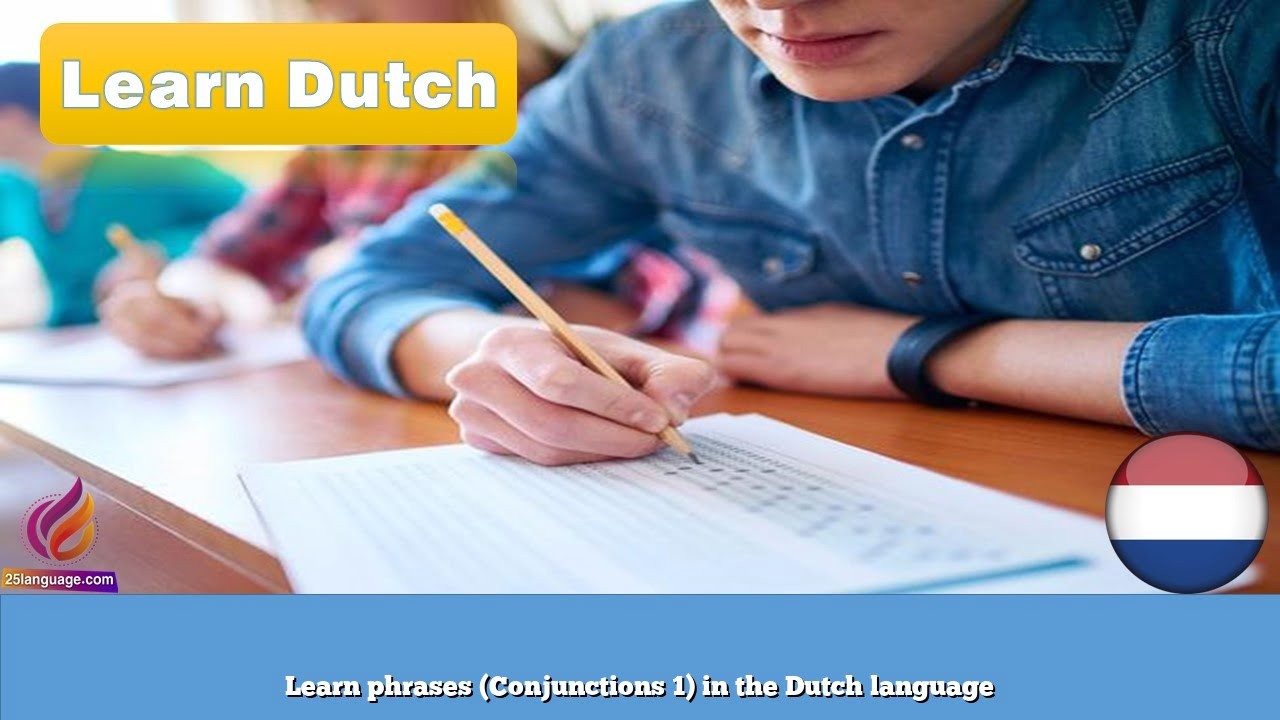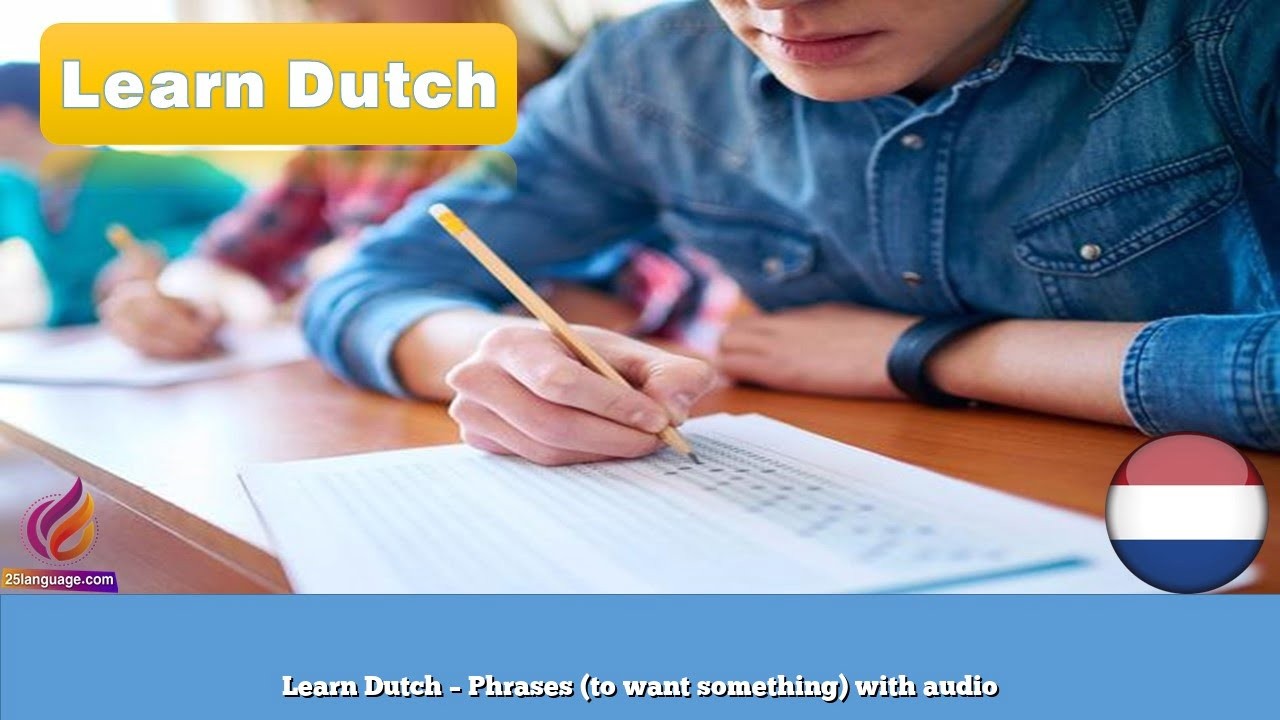negation phrases in Dutch 2
using phrases (negation2) with sound

Learning negation phrases in Dutch is essential for effective communication in the language. Negation phrases allow you to express denial or negation of something, and they are a crucial part of the Dutch language. Here are a few reasons why learning negation phrases is important:
- To express negative opinions or ideas: Negation phrases allow you to express negative opinions or ideas in a clear and concise way. This can be useful in discussions or debates where you need to disagree with someone or express a different point of view.
- To indicate the absence of something: Negation phrases are used to indicate the absence of something or to deny the existence of something. For example, “Ik heb geen honger” means “I’m not hungry” or “I don’t have hunger”.
- Geen probleem (No problem)
- Niet waar (Not true)
- Niet slecht (Not bad)
- Niet echt (Not really)
- Niet geschikt (Not suitable)
- Geen idee (No idea)
- Niet nodig (Not necessary)
- Niet zo veel (Not so much)
- Niet de moeite waard (Not worth it)
- Niet helemaal (Not entirely)
- Niet zo slim (Not very smart)
- Niet te geloven (Unbelievable)
- Niet mijn ding (Not my thing)
- Geen reden om te klagen (No reason to complain)
- Niet goed genoeg (Not good enough)
- Geen haast (No hurry)
- Niet vergeten (Don’t forget)
- Niet in staat (Not capable)
- Niet zo lekker (Not so tasty)
- Niet te begrijpen (Unintelligible)
These negation phrases use the Dutch words “geen” (no) and “niet” (not). They can be used to express negative opinions, indicate the absence of something, ask negative questions, and express caution or warnings, among other things.


